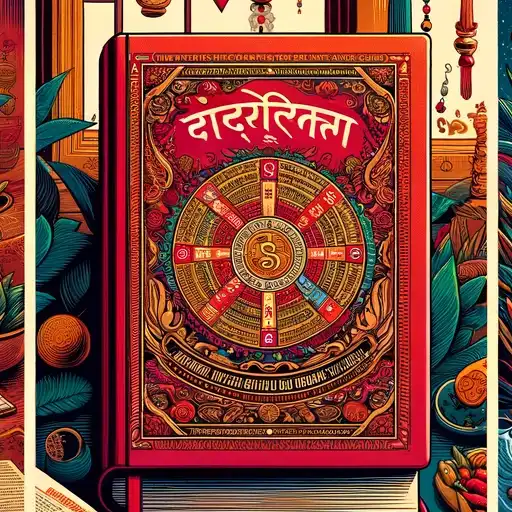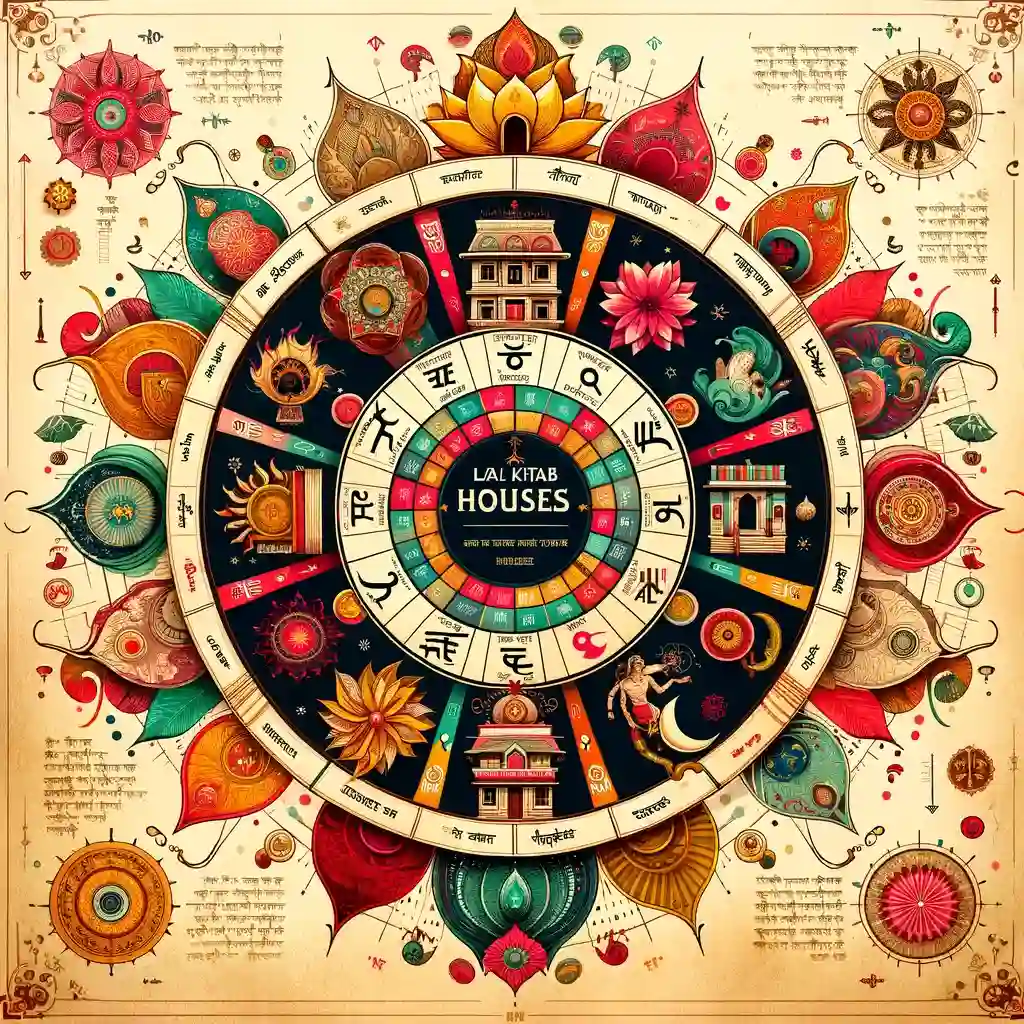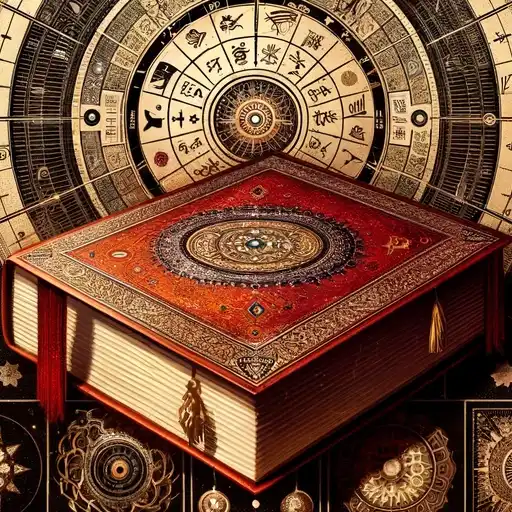While planets carry traditional influences (as in Vedic astrology), Lal Kitab simplifies interpretations, seeing them as either good (Shubh) or bad (Paap) for an individual’s chart. Here’s the breakdown:
- Shubh Graha (Benefic Planets):
- Sun: Authority, power, ego
- Moon: Mind, mother, emotions
- Jupiter: Wisdom, abundance, knowledge
- Paap Graha (Malefic Planets):
- Mars: Aggression, conflict, courage
- Saturn: Restrictions, delays, hard work
- Rahu: Illusions, obsessions, sudden events
- Ketu: Detachment, spirituality, the unexpected
- Mercury: Double Nature
- Mercury is “neutral” by default but turns benefic when with a Shubh Graha and malefic when with a Paap Graha. It represents intellect, communication, and flexibility.
What makes a planet Shubh or Paap?
This gets determined primarily by two factors:
- Khana Kharab: Each planet has specific houses which turn them detrimental if occupied. (i.e., it becomes a ‘Khana Kharab’ placement).
- Friends and Enemies: In Lal Kitab, planets have friends and foes influencing their power:
- Friend Planets: Strengthen and turn more benefic in conjunction.
- Enemy Planets: Conflict, making a challenging scenario worse in conjunction.
Interpreting a Lal Kitab Chart: What a Shubh or Paap Planet Signifies
Let’s look at two examples, but remember, many other factors like house placement play a role:
- Shubh Jupiter in 6th House: Even though the 6th House represents illness and enemies, a strong Jupiter here might mean easily winning lawsuits, overcoming hurdles, and favorable outcomes in competitive situations.
- Paap Saturn in 4th House: The 4th House governs home and mother. Saturn here can represent issues with property, delayed establishment of their own home, or strained relationships with the mother figure.
Focus on Remedies
Where traditional astrology might discuss various effects, Lal Kitab immediately dives into problem-solving with Upay (remedies). It’s believed performing the designated remedy for a malefic planet reduces negativity and attracts good fortune.
Things to Note:
- Simplification for Accessibility: Lal Kitab’s appeal lies in simplifying complex interpretations.
- Traditional Astrology Still Relevant: Understanding traditional Vedic astrology’s complexities remains vital for more nuanced analyses.


